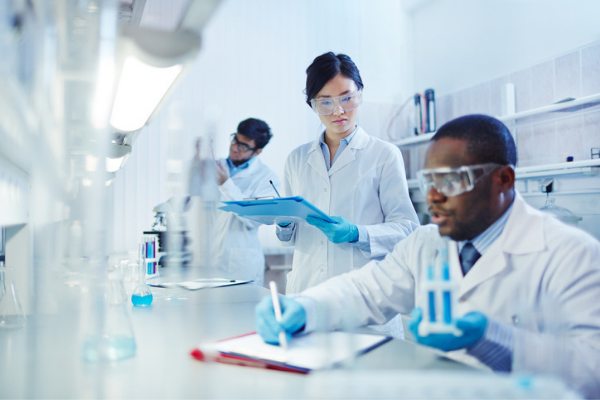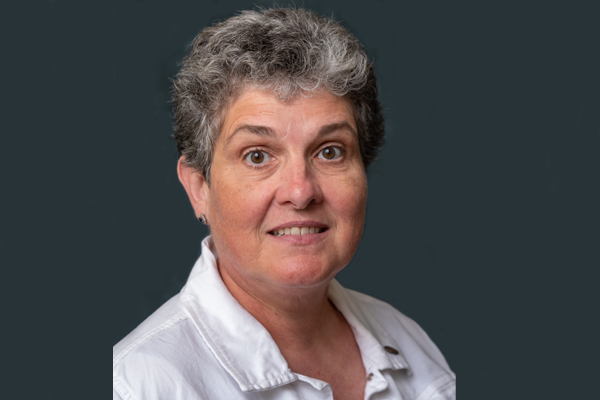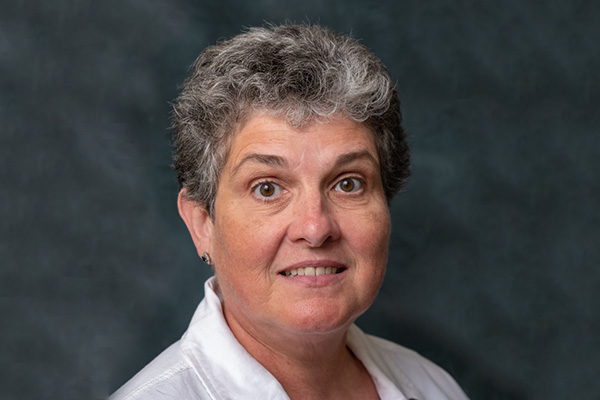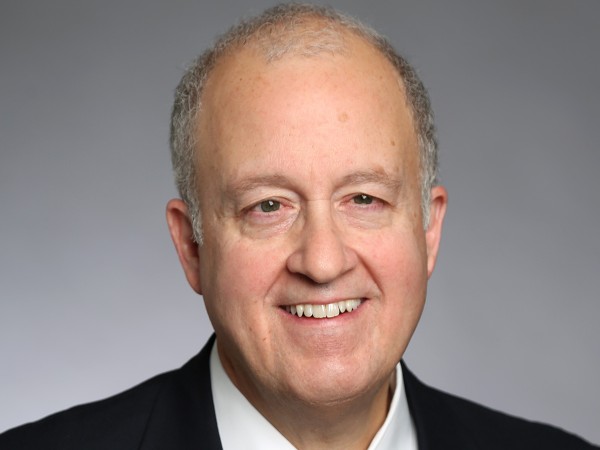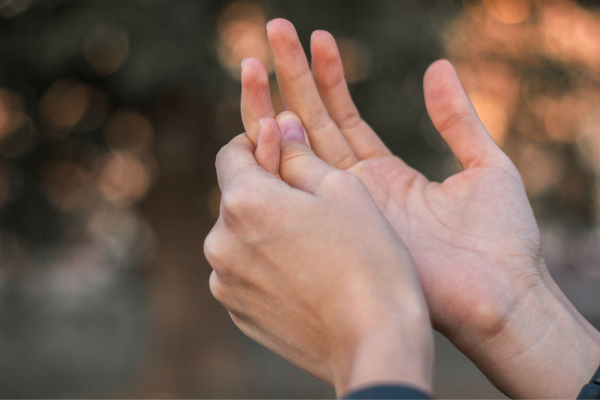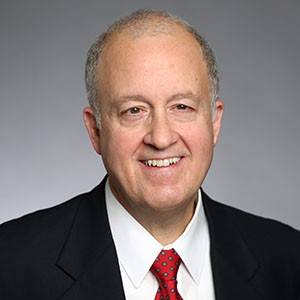
Our health and safety can be threatened anytime by unforeseen circumstances beyond our control. What can we do to protect ourselves, our co-workers, and those whom we love? What could possibly happen that could result in injury or death? What can I do to protect others as well as myself from that injury?
With appropriate education, professional scientists can evaluate potential hazards in a laboratory environment. Is personal protective equipment (PPE) needed? Is anyone working with hazardous materials or carrying out a potentially dangerous experiment? Are there any unusual odors or sounds? Are the hoods working properly? What is going on in the lab next door, on the floor below, or in the building next door? In our workplaces, regular fire drills test our emergency evacuation skills. Knowing alternative routes of exit has saved many individuals caught in building fires.
Police officers, insurance agents, and safety professionals encourage those who drive motorized vehicles to learn how to drive defensively. Be aware of the surroundings. Observe and adjust to road conditions. Watch the movement of other drivers, especially erratic behavior. If another driver is following too closely, pull over and let him pass. Safe automobile travel depends not only on our driving safely but also the actions of other drivers, bicyclists, and pedestrians. Motivate colleagues to wear seat belts, put children in child safety seats, and keep cars in good driving condition by reminding them that the other driver can be the cause of accidents.
Expand this concept of living defensively. As scientists, we learn how to make observations; we should use this skill to protect our personal health and safety. What is happening around us? Are there any unsafe conditions or people acting in an unsafe manner? Do we find ourselves in situations that could result in tragic consequences? Always ask comprehensive “what if . . .” questions.
Crowds may threaten our safety. How quickly can you get out of a crowded room or building in case of fire or other hazard? There have been fires in overcrowded nightclubs where patrons could not escape. Crowded porches have collapsed during summer parties. Beaches filled with people have resulted in extensive transmission of a coronavirus. In these fatal cases, witnesses often sensed the dangerous situation. Would the excitement and fun of an event cause us to disregard our instinctual warning of risk?
Are we too polite to speak up if we are asked to enter an unsafe area? Will we get into a car when the seatbelts do not work or the driver is impaired? Will we leave a party if we sense that trouble is brewing? Will we stop serving alcohol and take keys away if we are hosting a party where some of the guests have had too much to drink?
Let’s live defensively and be careful in all of our activities. Remember that the unsafe actions of others and unsafe conditions out of our control can hurt us just as badly as the actions and conditions we do control.
The opinions expressed in this article are the author's own and do not necessarily reflect the view of their employer or the American Chemical Society.
Copyright 2020 American Chemical Society (All Rights Reserved)


